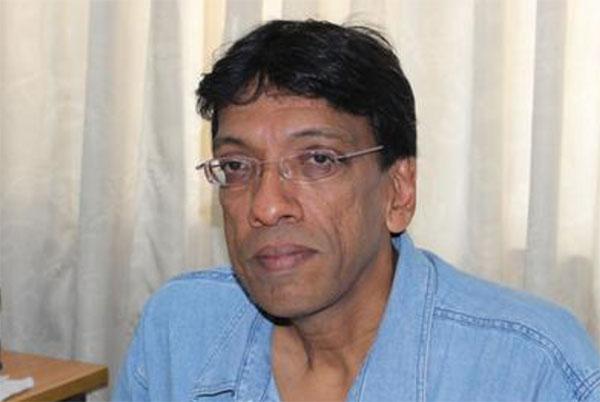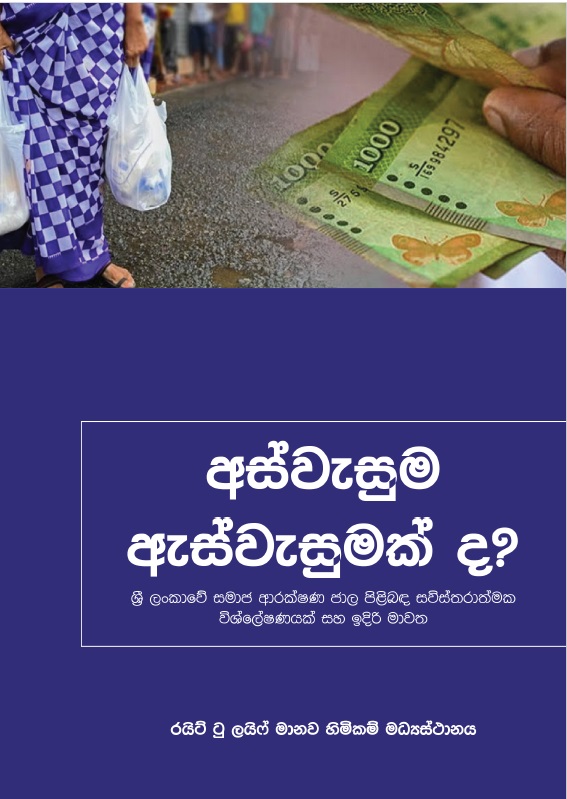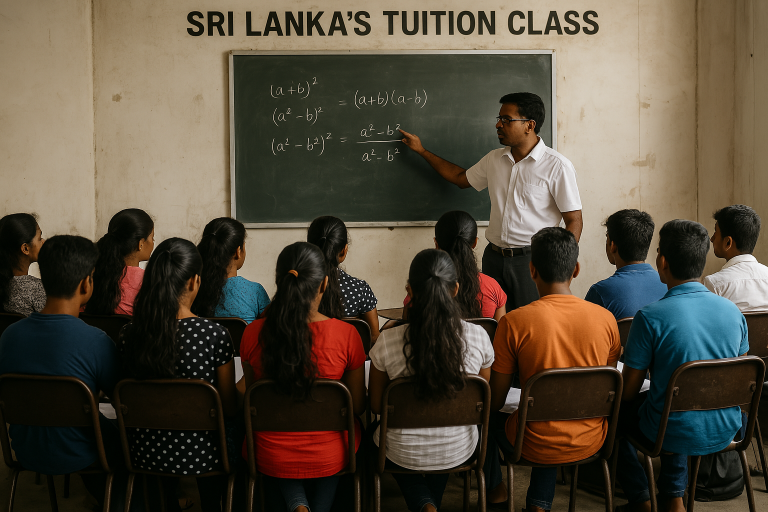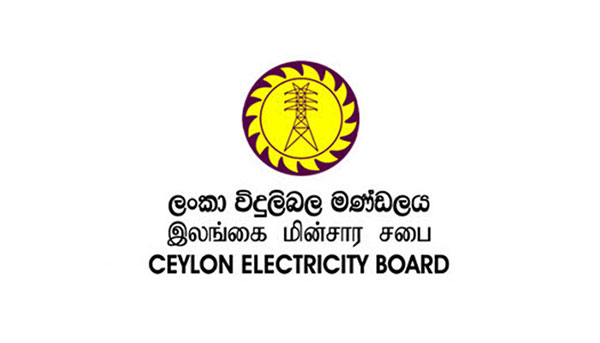President Ranil Wickremesinghe has announced that the government has enacted 42 new laws in the past 4 months, with another 62 in the pipeline, all aimed at catalyzing the country’s economic transformation. Among these are two draft laws related to women’s rights, designed to promote gender equality and empower women. These laws are slated for presentation to parliament in May. The proposed Women’s Empowerment Act envisages the establishment of a separate women’s commission. The primary objective of this commission will be to facilitate the advancement and empowerment of women by implementing mechanisms to protect their rights, all under constitutional provisions.
President Wickremesinghe has also announced plans to unveil another bill focusing on gender equality in the near future. This bill aims to establish principles of gender equality across various sectors, including social, political, economic, cultural, and technical policies, while also providing the necessary infrastructure to support these principles. It emphasises the need for women’s rights to be more than mere speechmaking, calling for their support through concrete laws and ordinances. However, it also acknowledges that legislative efforts alone are insufficient without societal engagement. People need to know the laws and what they mean. They need to have the faith and confidence that if they use the law to obtain their rights, they will meet with a positive outcome.
The Women Organised for Inclusion through Community Engagement (WOICE) Learning and Advocacy Symposium organized by the National Peace Council (NPC) brought together more than 120 women leaders and activists from seven districts across the country. One of the key observations related to the lack of knowledge of the laws on the part of citizens and implementation of them by the state. The women across all these districts were keen to learn – to have an improved conceptual understanding of governance and accountability processes and a practical understanding of relevant laws and policies, and skills for effective community interventions.
Women Speak
The need for women to lead efforts to resolve local-level issues is premised on the analysis that in most situations women act as supports for initiatives led by men, failing to achieve due recognition for the role they play. Also, women are driven to serve their communities and to this end are willing to take on greater leadership roles extending from community leadership to political participation, particularly at the local level. The desire for leadership is driven by need and not just ambition. Continued and enhanced training and mentoring is necessary in this regard.
The symposium offered the women leaders and activists from the community level organisations to engage with national level women leaders. Hon. Sudarshini Fernandopulle, MP, who was one of the speakers at the WOICE symposium urged that in the context of forthcoming elections that the system of preferential voting could be used to ensure that at least one of the three preferential votes given to individual voters is used to vote for women candidates. Hon. Thalatha Atukorale, MP, pointed to the solidarity in parliament among the elected women parliamentarians who, with few exceptions, stood together on issues of human rights and specifically women’s rights.
Although more than 56 percent of the Sri Lankan electorate consists of women, less than six percent of those elected to parliament are women. It is unfortunate that the law passed in 2016 and implemented at the 2018 local government elections to ensure 25 percent representation at the local government level for women has been in abeyance for over a year due to the failure of the government to hold those elections in a timely manner. US Ambassador to Sri Lanka, H.E. Julie Chung who also spoke at the symposium referred to the importance of inclusion especially during this time of transition in working out durable solutions. She pointed to the inclusion of women as an important part of an inclusive democracy in which the wellbeing of all sections of the people could be met.
Implement Laws
As a first step, the government needs to take measures to ensure that the laws it passes are implemented. This applies to laws meant to reduce corruption, ensure transparency in procurement, devolve power to the provinces and to ensure women’s rights. It is appalling that despite the high level of education of women, the country was ranked 180 out of 187 countries in the Inter-Parliamentary Union (IPU) ranking of female representation in parliament as of August 2023. Participation by women in decision making at the national level is of utmost importance, not only to ensure genuine implementation of laws that are passed but also to inclusive and fair to all.
Former UN Special Rapporteur on violence against women, Dr Radhika Coomaraswamy gave the example of Somalia where five tribes were fighting and killing each other; women formed a 6th tribe which became the Somali women’s movement and secured a 12 percent quota in parliament. In Sri Lanka, she commented, we have many groups, class caste, etc. Therefore, change must begin at the community level. She encouraged that “This can also be your protection to be organised as a group of women. Real change will only begin at the community level.”
In 2012, Nobel Peace Prize winner Leymah Gbowee of Liberia visited Sri Lanka for a presentation of a Sri Lankan Women’s Agenda on Peace, Security and Development to the government. She observed that “the clashes of ideologies are fought over the bodies of women and children” and pointed out that unlike men who see each war as different and as having unique political features, women see sameness in all wars—this is the suffering that war brings and the need of women to protect their families. She said “If fairness, justice and democracy are the tenets of your country, women will be brought into decision making positions, they will not be seen as burdens but will be supported and all people will be treated as equal.”
Wider Inclusion
Women in decision making positions would tend to be more empathetic to the plight of families who fell victim to the war. Past interventions have shown that women are inherently inclined to serve their communities, and willing to take up expanded leadership roles ranging from community governance to local politics. Their aspiration for leadership is rooted in necessity. In work done with civil society organisations they have highlighted issues of food security, malnutrition, and school dropouts which they encounter in their regular work. They have highlighted their wish to be capacitated in terms of knowledge and skills to advocate for change.
In a speech to the World Leadership Forum, Prof Maithree Wickremesinghe listed undervaluation of unpaid care work, the neglect of women’s individual identities, insufficient representation in leadership roles, and the pervasive issue of gender-based violence and harassment as root causes for the lack of women’s representation in decision making roles. If women were indeed in decision making positions, they would ensure that those in positions of authority had different priorities. Prof. Wickremesinghe further added “One of the enormous challenges faced by Sri Lanka today is the inequality in the distribution of opportunities, resources, incomes and wealth. Therefore, inclusivity is extremely pertinent.”
The absence of inclusivity in decision making leading to issues of marginalization are particularly evident in the north and east of the country. Elections under the provincial council system that devolved power to the provincial level where Tamils and Muslims form majorities, have not been held for over five years. As a result, the people of those areas, and their political representatives who are not part of the government, are excluded from national life and the economy. The IMF has estimated that four percent could be added to the national income if women’s work force engagement increases. At present it is only 35 percent. If the energies of the north and east were also added, Sri Lanka could be at a different level of development.
Jehan Perera







